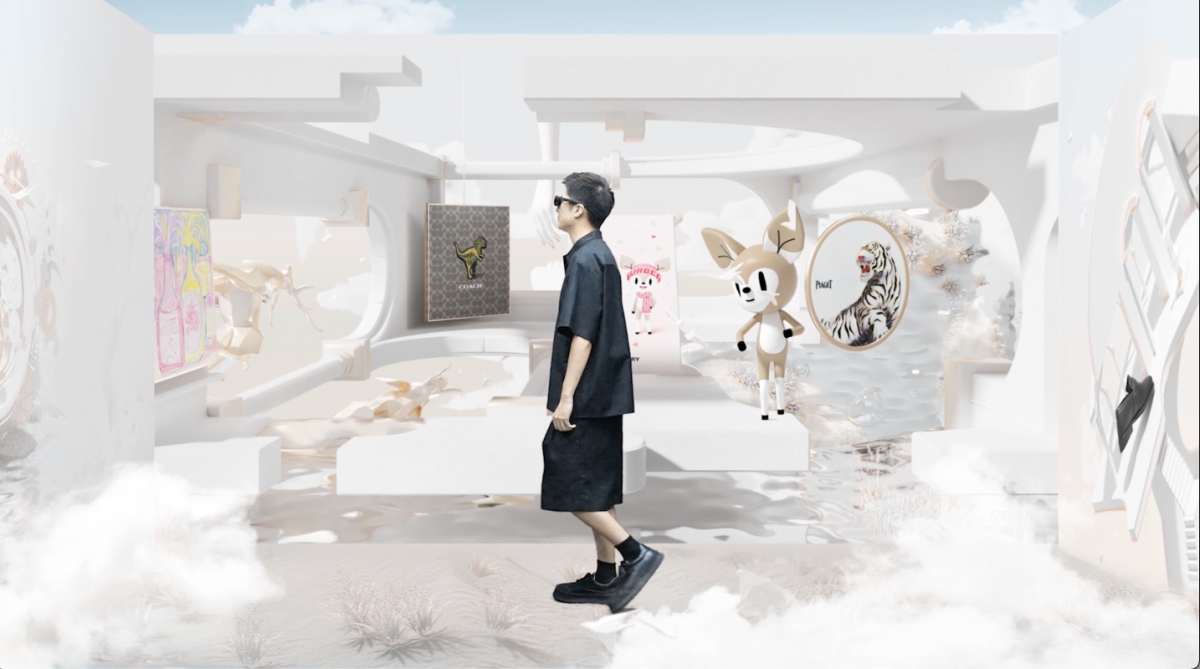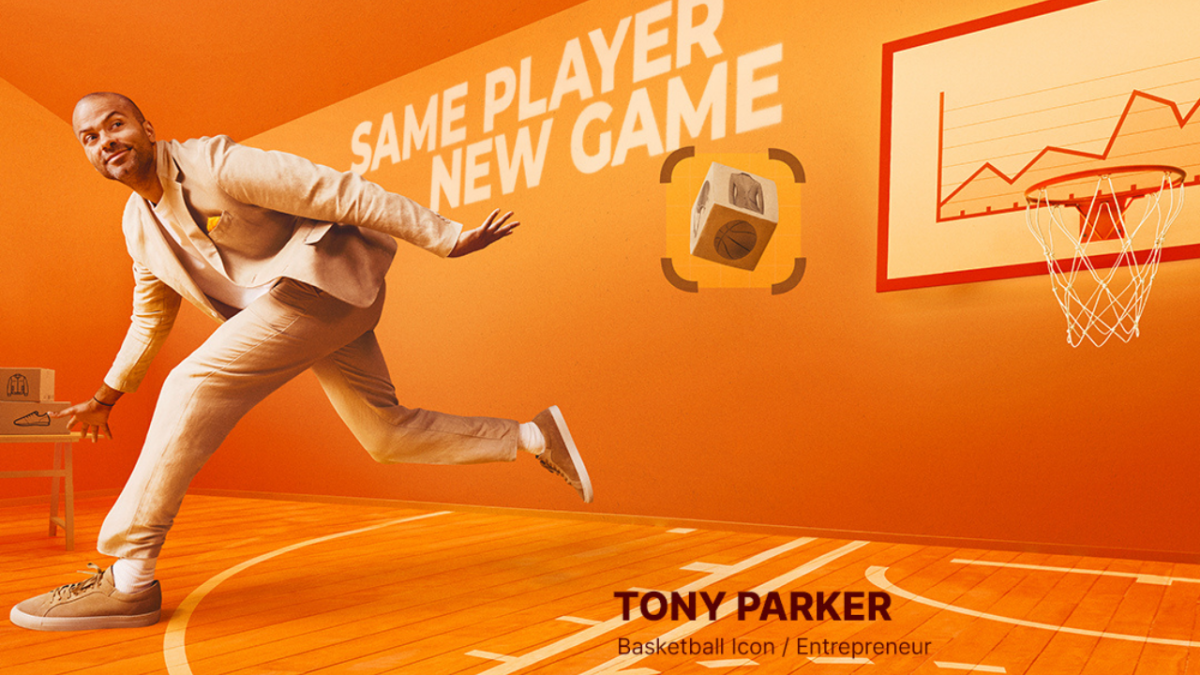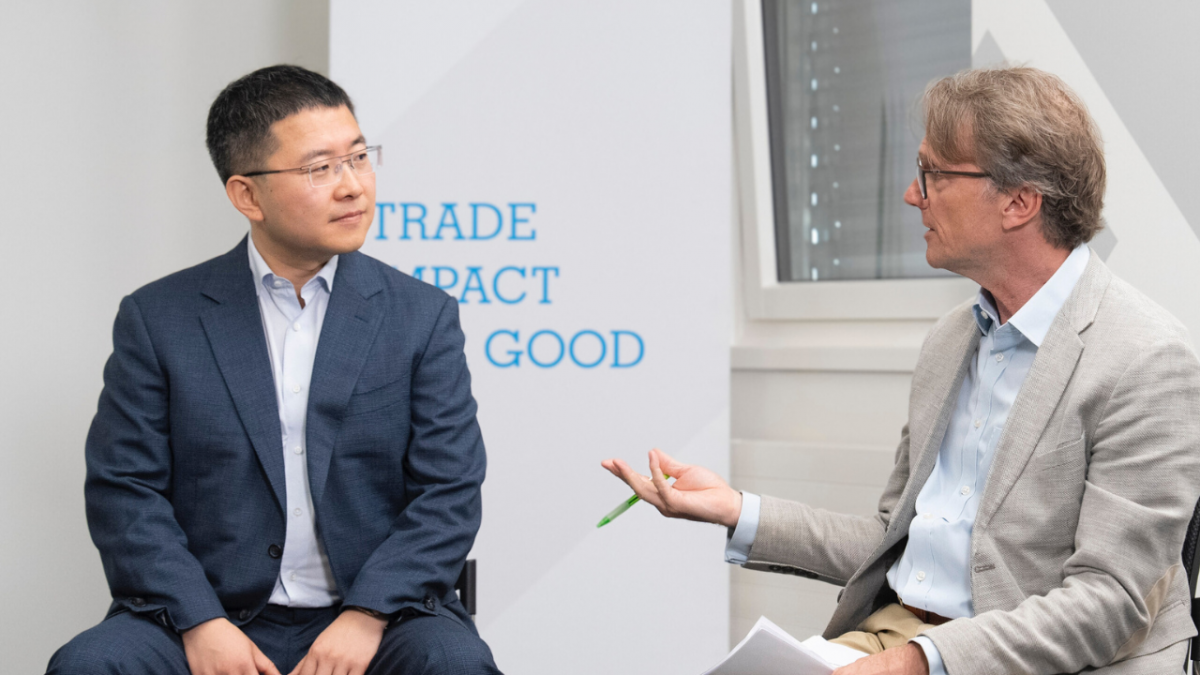In early 2023, China ended its pandemic-induced isolation, unleashing three years worth of pent-up demand for luxury goods on retailers around the world.
But Chinese consumers are more tech-savvy than ever before, according to executives at Alibaba Group’s e-commerce platform Tmall, putting pressure on luxury brands to keep pace.
“They are even more connected than ever and are looking for more innovations, immersive experiences, and more services,” said Tmall executive Nicolas Cano, who helps French, Swiss and German fashion and luxury brands connect with Chinese consumers.
With Web3 and the metaverse, the group’s high-end goods marketplace Tmall Luxury Pavilion is creating digital collectibles for young and digital-first consumers.
“The latest trend I’m seeing is ‘phygital’, which is the blend of the physical and digital world and bringing the best of those two worlds to an end consumer,” said Tmall executive Mei Chen, who helps fashion and luxury brands based in the UK, US, and Northern Europe adopt digital technologies.
Alizila’s Managing Director Alison Tudor-Ackroyd spoke with Tmall’s Cano and Chen about how the internet platform company helps luxury brands cater to Chinese consumers.
Below is a transcript of this conversation, edited for clarity and brevity
Alison Tudor-Ackroyd: As Alibaba Group’s executive connecting French, German, and Swiss luxury brands with over a billion consumers in China, how did you make that happen?
Nicolas Cano: Hermès decided to launch on Luxury Pavilion in 2021, and it was the only e-commerce platform in the world to be launching Hermès Beauty.
We also had Richemont’s Piaget, a jewelry brand, launching on our platform and leveraging much of our technology.
Alison Tudor-Ackroyd: Executives worldwide, including say LVMH’s Bernard Arnault, are all very optimistic about 2023 now that China has opened its borders again.
But tell me, the brands we see around us now, are they ready for those Chinese tourists?
Nicolas Cano: They’re already eager to welcome back Chinese tourists to Paris.
Chinese travelers were the number one luxury tourists before the pandemic, but those tourists have changed drastically over the past few years.
They are even more connected than ever. They’re looking for more innovations, immersive experiences, and more services.
They are even more connected than ever. They’re looking for more innovations, immersive experiences, and more services
Mei Chen: While brick-and-mortar [stores] still remain the primary way for a lot of brands to tap into the Chinese market, e-commerce and digital technologies have enhanced that experience for consumers and brands in China.
The latest trend I’m seeing is ‘phygital’, which is the blend of the physical and digital world. [This] brings the best of those two worlds to the end consumer.
Most recently, we have worked with the Spanish fragrance luxury company Puig on something that is very innovative.
It’s called the Scent Visualizer. This is a way to picture the smell of the perfume.
We already have very tangible results with Puig specifically, in the last couple of weeks, we have seen a 5% uplift in sales on gross merchandise value.
So we believe that with these new tools and technologies and innovations, we certainly can drive much more engagement and sales to those companies that we’re partnering with.
Alison Tudor-Ackroyd: Mei, what is exciting you right now when you look at the future of technology and fashion?
Mei Chen: The first things are the metaverse and Web3, but not in the gimmicky way as we have seen around the world, as it has become a buzzword.
For me, it’s really about the use cases of this technology. So, for example, within Alibaba’s Tmall Luxury Pavilion, around two years ago, we launched digital collectibles.
These are the digital assets that we work with, [from] brands like Burberry, Hugo Boss, Tag Heuer.
But what is very exciting about that is the fact that with those digital collectibles, we have created a community of young consumers.
And these consumers are also very digitally savvy.



We are seeing a huge amount of uptake on virtual avatars. This is something that has been big in China.
So I think in the last 18 months, it has become massive.
This brings me to a very key point of the luxury industry: the Gen Z consumers, the young consumers, and millennials.
They really want a new way of engaging with luxury brands in a more meaningful way; in a way that there’s not necessarily going to the store looking for that glass of champagne.
It’s more about bringing luxury convenience to their fingertips.
Nicolas Cano: When we talk about luxury or ultra-luxury consumers, you have to think more about lifestyle.
It’s a way of life.
It’s not only about consuming only products like fashion or accessories. It’s also about gastronomy, traveling, and culture. Everything is connected.
So our ambition today is not to be only the number one shop destination for luxury but the number one for lifestyle luxury.
Discover more luxury stories here





